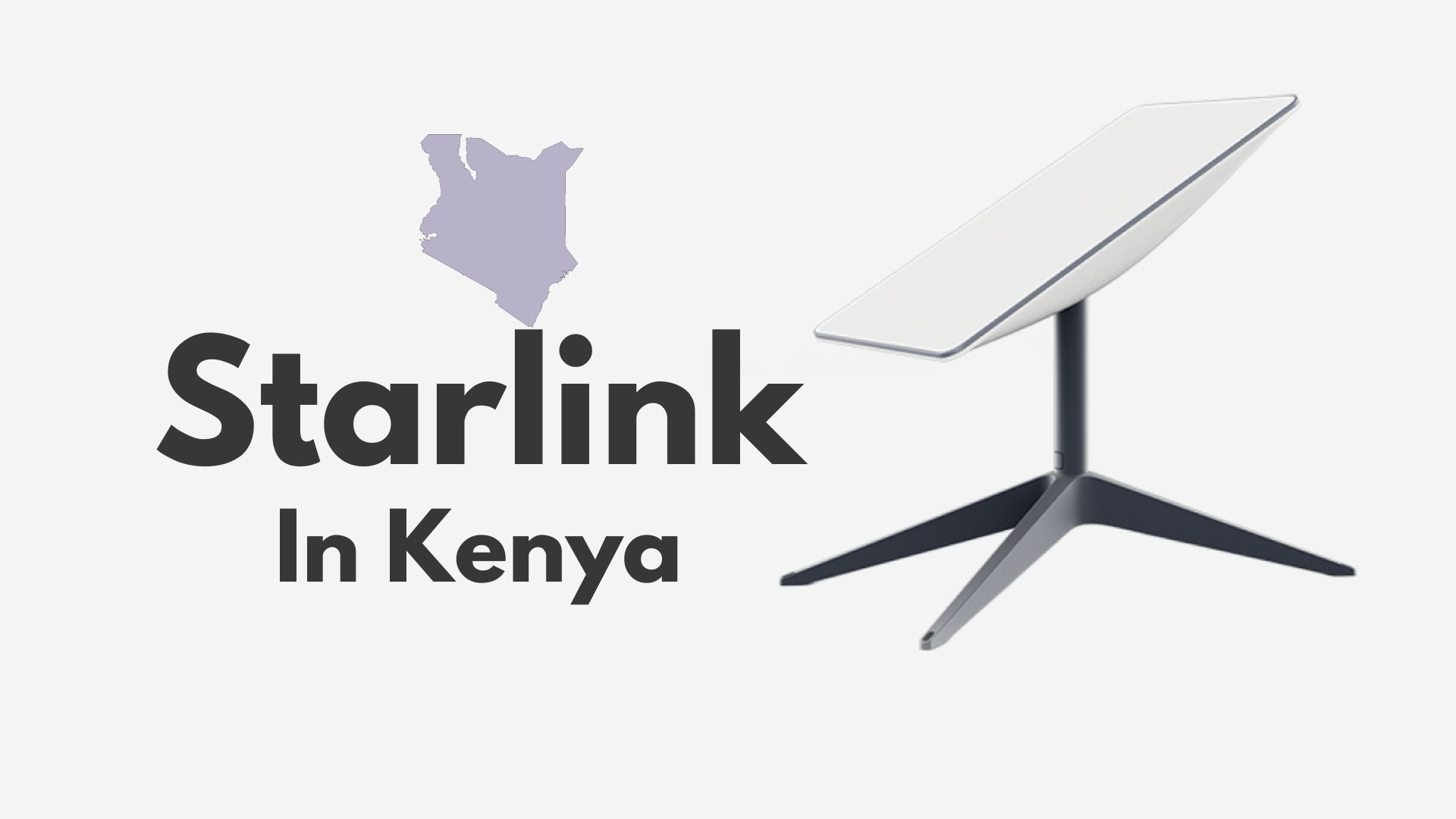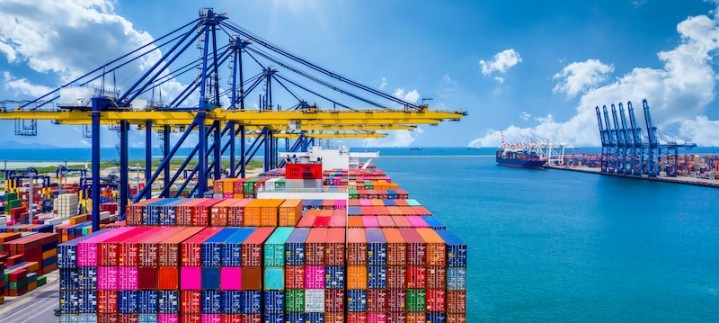Internet Revolution: How Starlink Is Transforming Kenya Amid Unrest and Outages

Amid political unrest in Kenya, the reliability of traditional internet infrastructure has come under scrutiny. On a recent Tuesday evening, internet speeds were throttled during anti-government protests, leading to public outcry. Kenyans turned to Virtual Private Networks (VPNs) to maintain their online connectivity.
The Communications Authority of Kenya (CAK) denied any plans for an internet shutdown, attributing the slow speeds to damaged undersea cables. Despite this, suspicions grew, especially after reports of violence in Githurai surfaced. Many blamed Safaricom, the country’s largest telecom provider, for complying with government directives, further damaging its public image.
The Rise of Alternatives
This turmoil presents an opportunity for alternative internet providers like Starlink. Elon Musk’s satellite internet service offers a 50GB data package for KSh 1,300 per month. However, the high cost of the Starlink kit, priced at around KSh 89,000, has hindered widespread adoption. A recent promotion reduced the kit price to KSh 39,000, but it was too short-lived to attract significant subscribers.
Starlink has introduced a more affordable “Starlink Mini” antenna, expected to cost about half the standard terminal price. Musk announced on X (formerly Twitter) that this product would be available in Kenya later this year, aiming to enhance internet accessibility and reduce dependence on undersea cables.
Why Starlink?
The recent internet disruptions in Kenya highlighted the vulnerability of traditional internet infrastructure. Claims that undersea cable damage caused the slowdown were met with skepticism. Cloudflare and Netblocks suggested government involvement in the disruptions, emphasizing the need for more reliable alternatives.
Starlink’s satellite-based service is immune to government interference, making it an attractive option for countries with unstable internet environments. The service has faced regulatory challenges in Africa, with some governments reluctant to approve it due to its potential to undermine their control over the internet.
Zimbabwe recently approved Starlink but limited its provision to a single exclusive dealership. Similar regulatory hurdles may affect Starlink’s expansion in other African nations.
Challenges and Opportunities
While Starlink’s promise is compelling, it must navigate several challenges. Regulatory approvals can be slow and fraught with bureaucracy. Additionally, the initial setup cost, even with reduced prices, is still a barrier for many potential users in Kenya. The affordability of the monthly subscription is attractive, but the upfront investment remains prohibitive for many households and small businesses.
Technological and Social Impact
Starlink’s success in Kenya could have profound technological and social impacts. Reliable internet access can spur economic growth, enable better access to education and healthcare, and enhance communication in remote areas. By bypassing the limitations of traditional infrastructure, Starlink can provide a resilient internet service that is less prone to local disruptions.
The introduction of satellite internet could also foster competition among internet service providers in Kenya. Safaricom and other telecom companies may be compelled to improve their services and pricing to retain customers. This competition can lead to better overall service quality and more affordable options for consumers.
The Global Context
Starlink’s efforts in Kenya are part of a broader strategy to expand its footprint in underserved regions worldwide. By providing reliable internet access in remote and politically unstable areas, Starlink aims to bridge the digital divide. This global approach not only benefits individual users but also supports broader development goals by enabling connectivity in areas that have been left behind by traditional telecom networks.
In Summary
As Starlink aims to broaden its reach in Africa, it faces both opportunities and challenges. The demand for reliable, affordable internet is high, especially in regions where traditional infrastructure is prone to disruptions. By offering competitive pricing and addressing regulatory concerns, Starlink could play a pivotal role in transforming the internet landscape in Kenya and beyond.
The recent disruptions have underscored the importance of having alternative internet solutions. As Starlink continues to innovate and adapt to local markets, it holds the potential to revolutionize how Kenyans access the internet. This transformation could have lasting benefits for the economy, education, healthcare, and overall quality of life, making Starlink not just a provider of internet services but a catalyst for positive change.











